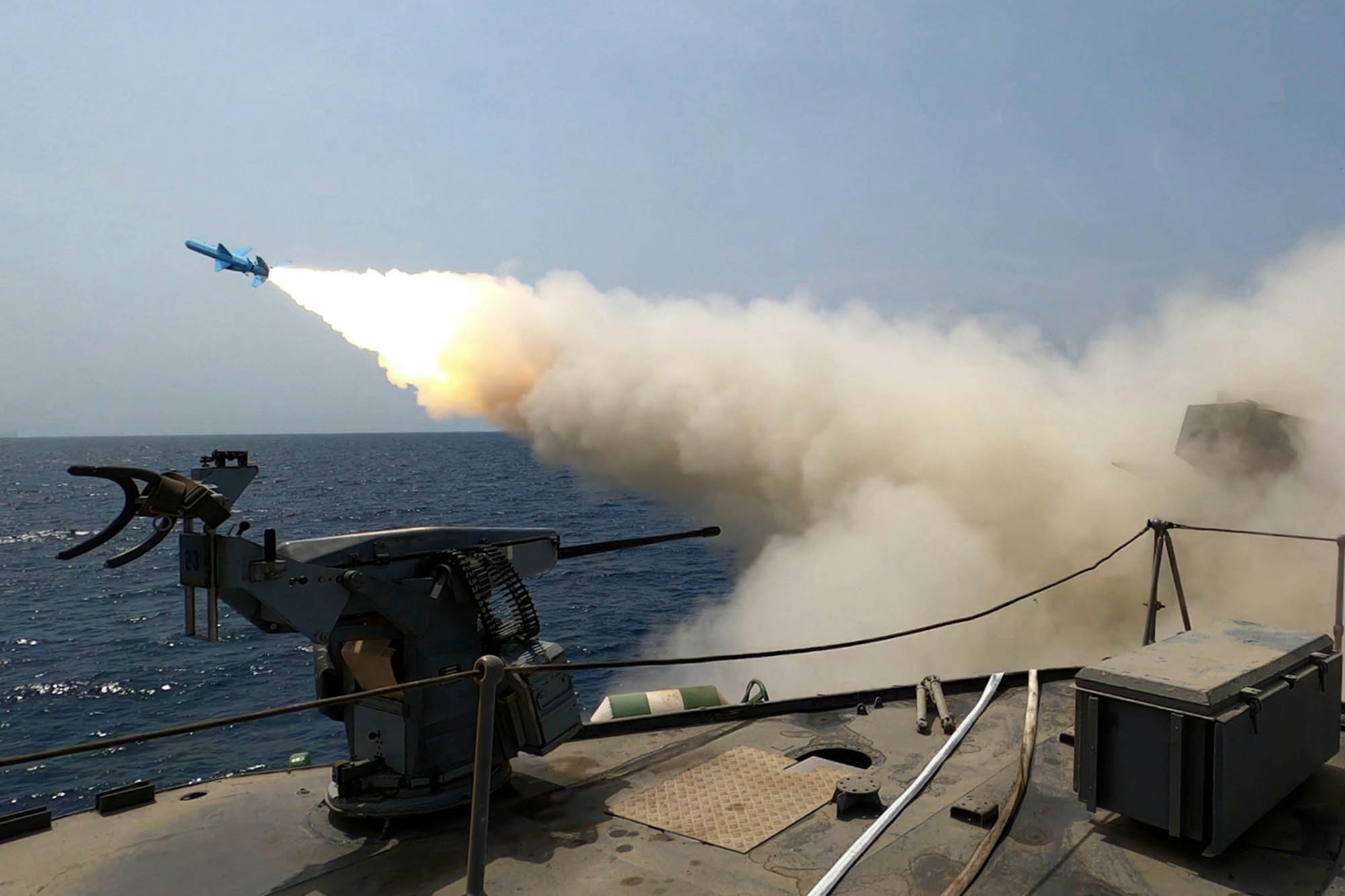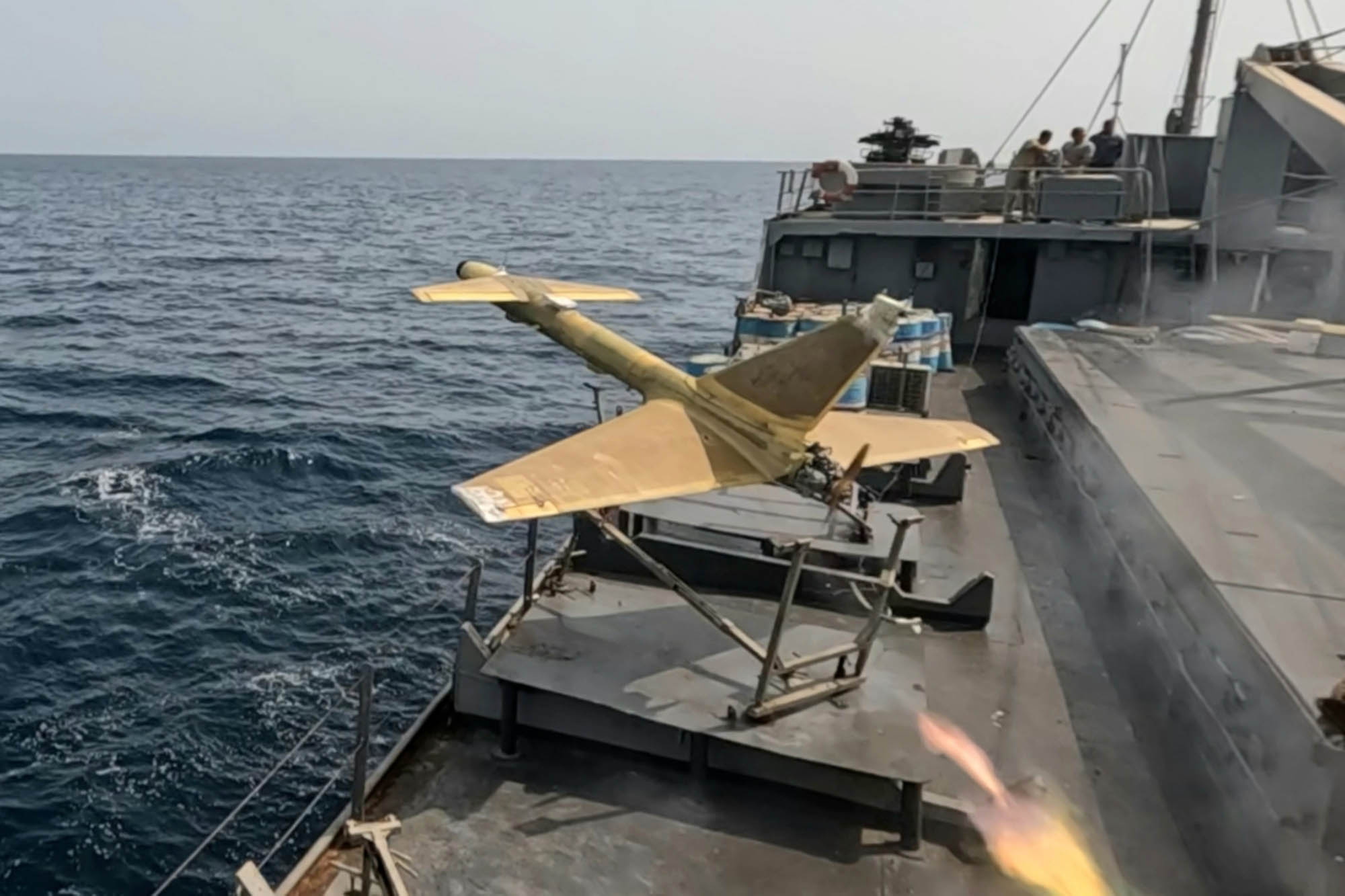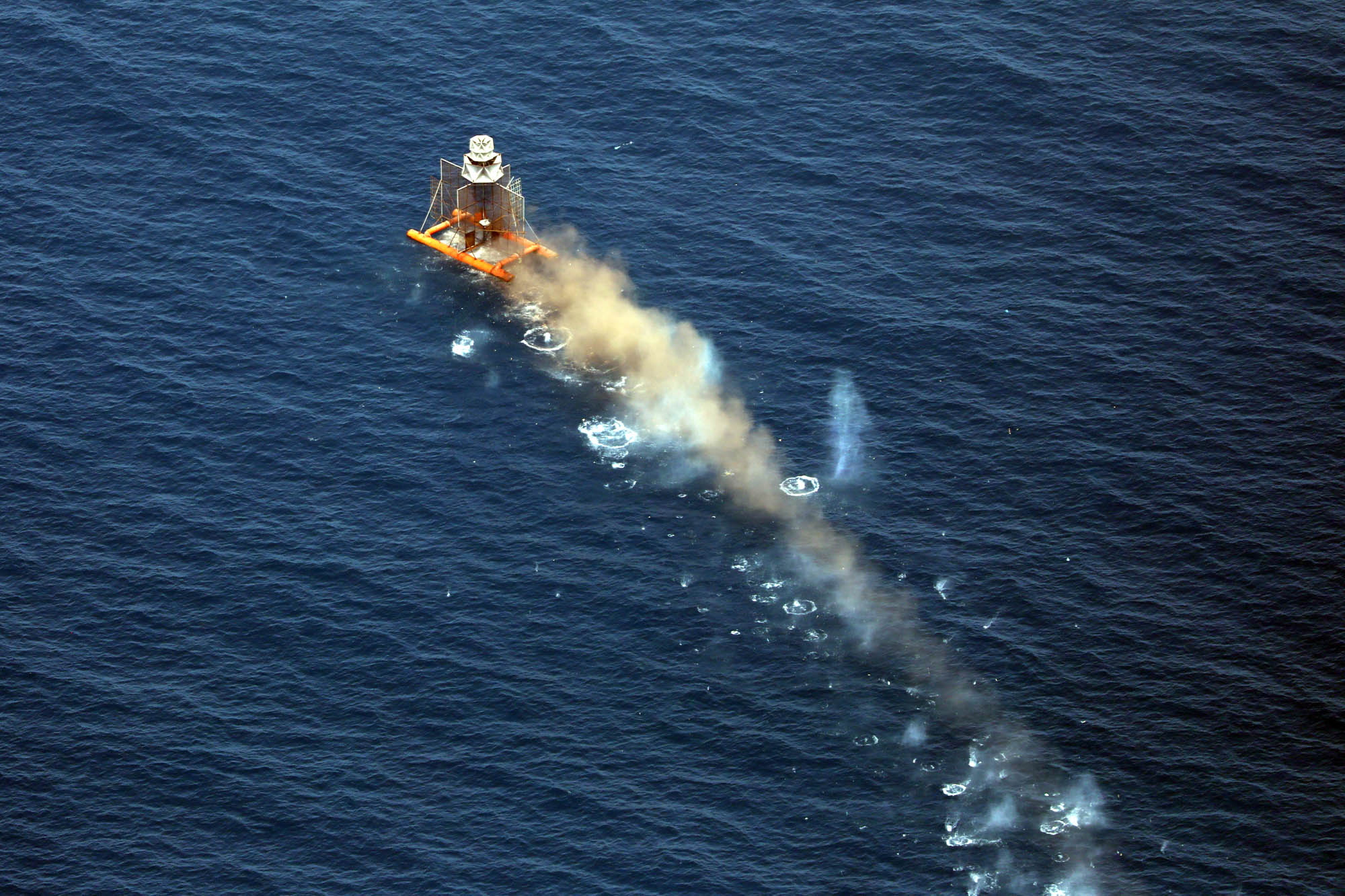Iran has unveiled what it called a new generation of missiles as its beleaguered regime tries to project strength after a devastating war with Israel in June.
“Today, we have manufactured and possess missiles with far greater capabilities than previous missiles,” Aziz Nassirzadeh, the Iranian defence minister, said. “And if the Zionist enemy embarks on the adventure again, we will undoubtedly use them.”
Iran has touted the success of its missile barrages on Israel during the 12-day war, which hit security installations and civilian buildings.
It has also acknowledged, however, that Israel managed to infiltrate deep into the country:
Israel killed some of Iran’s top military commanders and nuclear scientists in the first salvos of the war, while the US heavily damaged its main nuclear facility.
• How Israel attacked Iran: from masked men in the desert to devastation
Nassirzadeh insisted Iran had used “old” missiles during the 12-day war and the new generation would be more effective. Mohammad Reza Aref, the first vice-president, said war with Israel could resume. “We are not even in a ceasefire; we are in a cessation of hostilities,” he said.

Aziz Nassirzadeh, 59, has been Iranian defence minister since last August
MORTEZA NIKOUBAZL/GETTY IMAGES
The statements were followed by a military exercise in the Indian Ocean on Thursday involving the Iranian navy.
While the US and Israel may not take the show of strength seriously, given the vast discrepancy in power between them and Iran, they might not be the intended audience. The war has opened the floodgates to domestic criticism within Iran against the regime and its nuclear programme, which has brought crippling sanctions on the country.
• Reformers urge an end to uranium enrichment as crisis grips Iran
Its elite Islamic Revolutionary Guards Corps (IRGC), which controls a sprawling business empire, is trying to assert itself in the face of mounting criticism. Most recently, dozens of reformist groups released a statement calling for the suspension of uranium enrichment and release of jailed dissidents. Several crises, including severe water shortages and power cuts, have fuelled the criticism.
“I think it’s inevitable, with a new leadership having risen up through the ranks, that [the IRGC] are looking to build influence and demonstrate capabilities and capacity,” Sanam Vakil, director of Chatham House’s Middle East and North Africa programme, said. “I think that that establishment is looking to prove on the one hand that they’re resilient, but they recognise they have deep security and political deficiencies so they’re looking to plug those holes.”

Images of the Indian Ocean drills were released on Thursday
EPA



Since the war Iran has launched a crackdown on alleged spies, arresting tens of thousands of suspects and deporting hundreds of thousands of foreigners, mostly Afghans. The IRGC in particular suffered badly from apparent intelligence leaks that allowed Israel to kill its top commanders within the first hours of attacks.
The group, which is tasked with protecting the regime and furthering its influence in the region, including through militia such as Hezbollah in Lebanon and the Houthis in Yemen, was specifically targeted by Israel. It is also the country’s most loathed institution among opponents of the government, whom it has helped to suppress during periodic protests over the years.
But the IRGC, which has claimed that it emerged “stronger” from the war, has shown no sign of loosening its grip. It is expected to play a central role, through the companies it owns, in rebuilding what was destroyed during the war and supporting the recovery of Hezbollah, decimated in a separate war with Israel.
